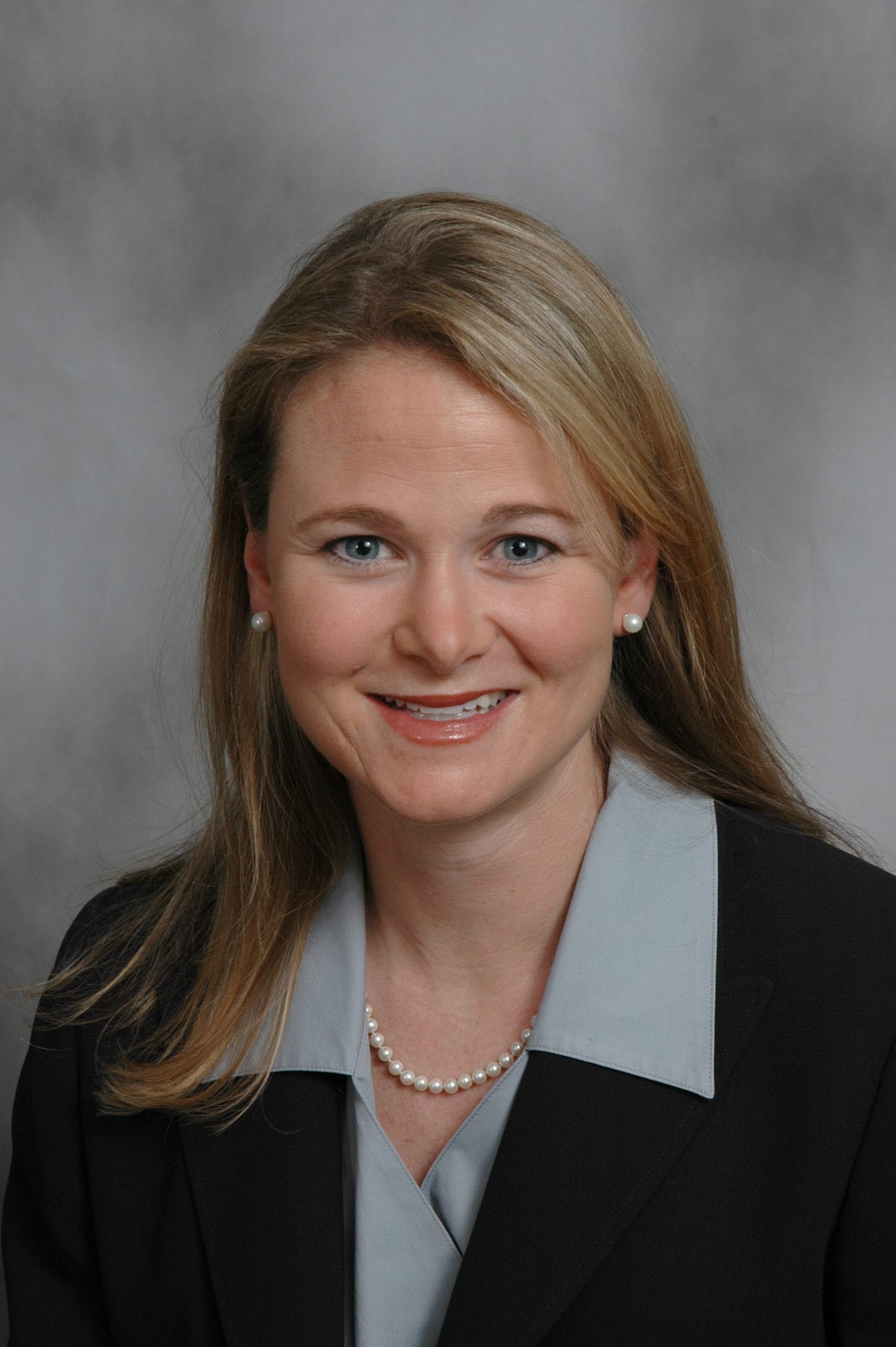Voices: Is there a ‘good’ time to start a family as a gynecologic oncologist? Melissa A. Geller, MD, MS
Is there a ‘good’ time to start a family as a gynecologic oncologist? Melissa A. Geller, MD, MS
I thought I never wanted children. I was determined to be a great gynecologic oncologist, and thought children would get in my way. I was 36, advanced maternal age, when I decided it was the “right time” to have children. My initial pregnancy ended in miscarriage, but later that year I delivered a healthy baby girl. Holding that baby for the first time was the best gift I have ever received.

Melissa A. Geller, MD, MS
Exactly two years later I was blessed with a second child. Life was busy, I was working furiously to get grants while maintaining a full clinical practice. I suddenly realized that I missed a lot of “firsts”-rolling over, crawling, their first snowfall. I had this nagging feeling that I had to have another child. At age 39 I thought there still had to be time. We tried for many years. Multiple miscarriages later I was sad and angry. Angry that in an attempt to advance my career my reproductive years vanished. Then, unexpectedly, in my forties, I got my miracle.
Coordinating work and family life is difficult for everyone, but for biologic and social reasons, is especially difficult for women. Thus, women with professional degrees are more likely to remain childless compared to their male colleagues with the same level of education and career1. Our survey of SGO members reflected this—51% of women compared to 19% of men desired to have more children than the number they had (presented at SGO 2018). These differences may be due to lifestyle choices, but infertility may also play a role.
The national average age at first childbirth is 26 years, but 29 years among female surgeons;1 in our survey of SGO members, approximately 1/3 reported having their first child after age 35 years. Our OB/GYN background makes us all too aware of the risks of infertility as we delay childbearing. While our background also gives us greater awareness of infertility treatment options, success with in vitro fertilization (if we can fit it into our busy schedules) also decreases with age, with 42% of transfers resulting in live birth for women <35 years of age, but only 23% in women 35-37 years of age, and success rates decrease from there.2 And that assumes viable oocytes can be stimulated and retrieved.
If you manage to have a child, the struggle changes to the constant conflict between being a “good gynecologic oncologist” and being a “good parent.” In the end, we often feel like we are NOT good enough at either.
Despite our work-family struggles, we do have a positive impact on our children. A New York Times article highlighted the benefits of having a working mother (working males are considered the “standard”). A study of 50,000 adults in 25 countries showed that, specifically in the United States, adult daughters of working mothers earned 23% more money, and sons spent 7.5 hours more on childcare and 25 minutes more on housework per week compared to children of stay-at home mothers3.
One of my favorite quotes is from astronaut Pam Melroy: “There is no work-life balance. It’s really more like a see-saw—sometimes you have to prioritize your career, sometimes you need to prioritize your personal life.”
I am at peace now with my family of five. Life is no less busy, but I am in a place where I cherish all the “firsts” and “lasts” despite the demands of my career. If I had my choice, would I have chosen to do it this way? No, probably not. As a gynecologic oncologist there is no “good” time to start a family. But time waits for no one.
Deanna Teoh, MD, MS, also contributed to this article. Dr. Gellar and Dr. Teoh are from the Division of Gynecologic Oncology, Department of Obstetrics and Gynecology, University of Minnesota, Minneapolis MN.
References
- Turner PL, Lumpkins K, Gabre J, Lin MJ, Liu X, Terrin M. Pregnancy among women surgeons: trends over time. Arch Surg. 2012;147(5):474-479.
- American College of O, Gynecologists Committee on Gynecologic P, Practice Committee of the American Society for Reproductive M. Female age-related fertility decline. Committee Opinion No. 589. Obstet Gynecol. 2014;123(3):719-721.
- Miller CC. Women at Work: Mounting Evidence of Advantages for Children of Working Mothers. New York Times. 5/16/15, 2015.